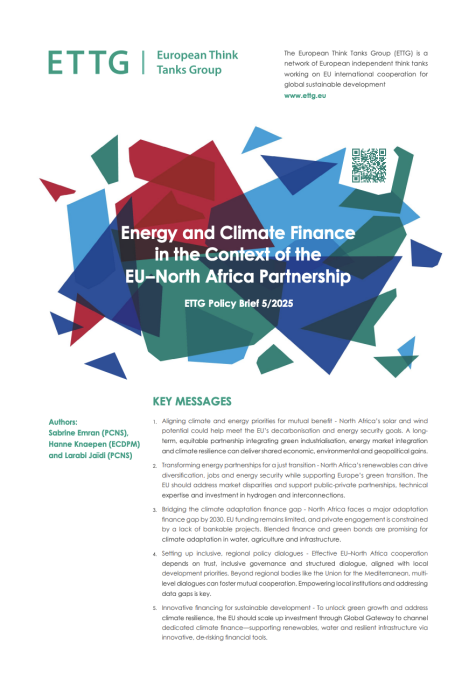Publications /
Policy Brief
Policy Brief
Destination-Based Business Cash Flow Taxes
April 30, 2018
Destination-based business cash-flow taxes have received a great deal of attention and are being widely considered as a replacement for traditional, origin-based, corporate taxes. These taxes combine the strong revenue-raising ability of a VAT with an enormously expensive tax deduction for wages. They would certainly be attractive to foreign investors by eliminating the burden of current corporate taxes. However, adopting them at the rates typically discussed would raise consumer prices dramatically. A more fundamental problem is that practical versions of such taxes would likely reduce net government revenues in countries adopting them.












